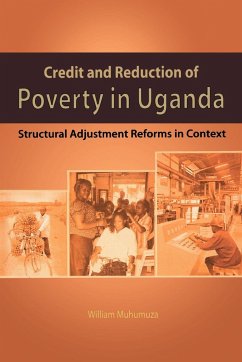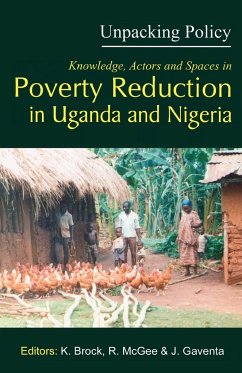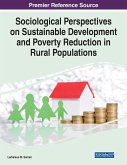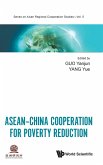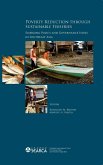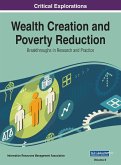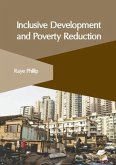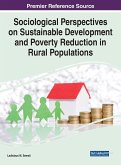Ugandäs National Resistance Movement (NRM) government has used credit as one of the policy strategies to reduce poverty levels. This study examines the effectiveness of that policy. It traces the ascendance to power of NRM in 1986, when the country was in crisis, devastated by years of political turmoil and economic mismanagement; and illustrates how the NRM, with the assistance of the World Bank and the IMF, embarked on a multi-pronged strategy to reconstruct the economy and improve living conditions. Issues explored are the extent to which the sweeping reforms impacted on the welfare of the rural poor; the extent to which credit programmes have economically empowered the rural poor; and further examines whether credit initiatives created economic sustainability for the beneficiaries. Dr. William Muhumuza is an Associate Professor in the Department of Political Science at Makerere University. He specialises in the study of political economy with a focus on rural development and good governance.
Hinweis: Dieser Artikel kann nur an eine deutsche Lieferadresse ausgeliefert werden.
Hinweis: Dieser Artikel kann nur an eine deutsche Lieferadresse ausgeliefert werden.

